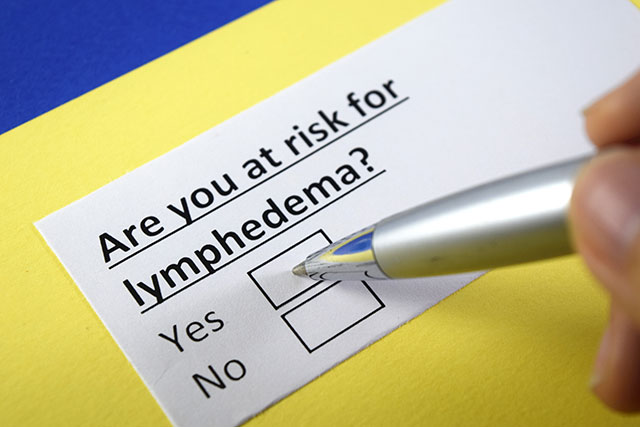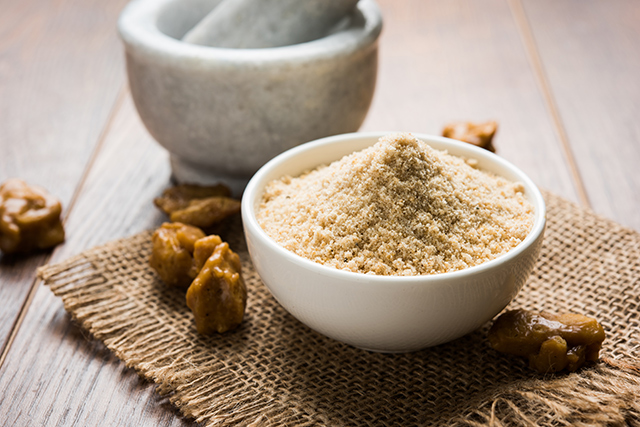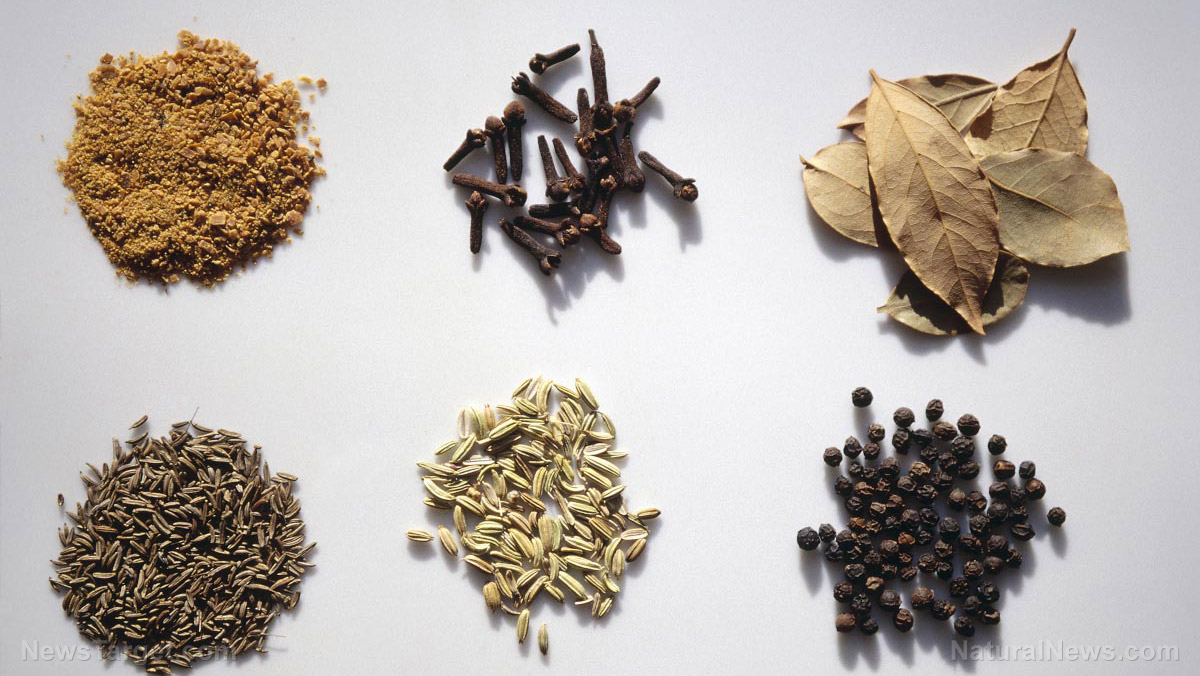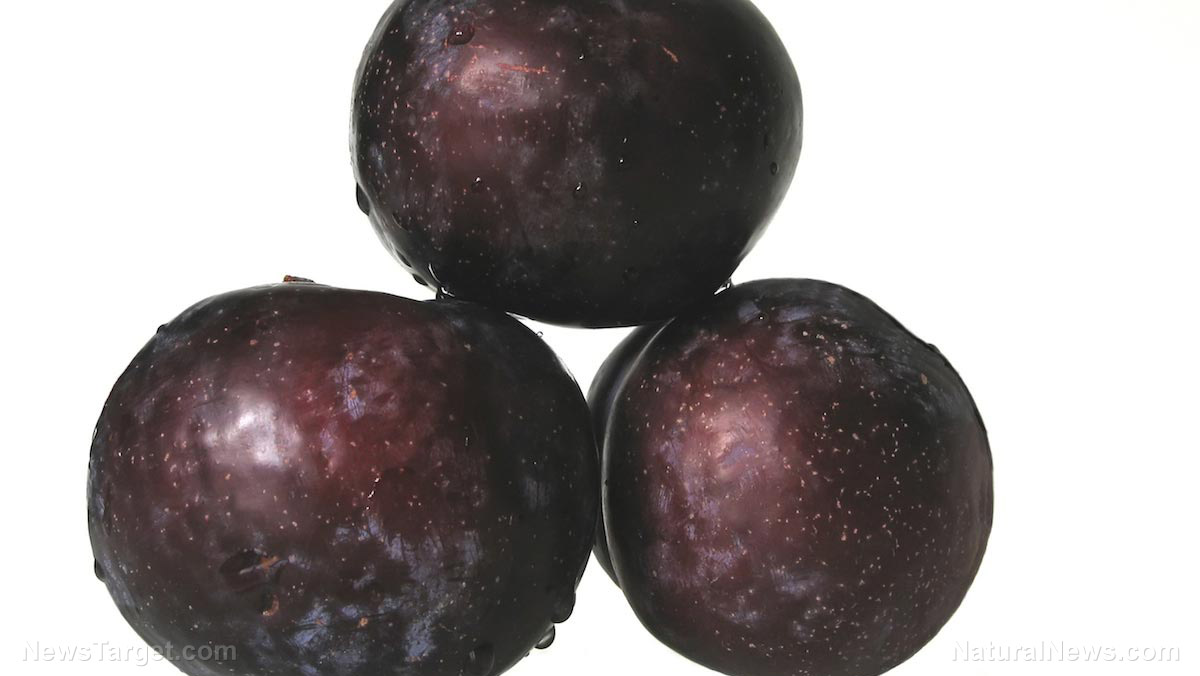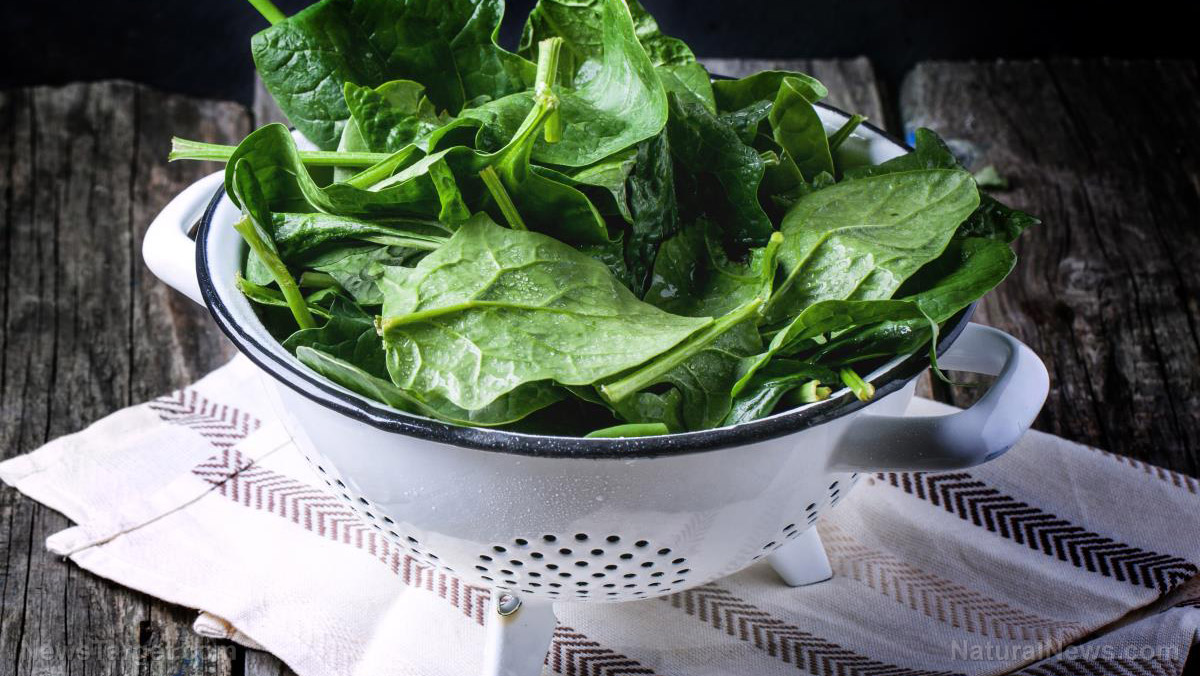Cool that cuppa! New study finds five-fold increase in risk of esophageal cancer for drinkers of super-hot beverages
07/13/2018 / By Ralph Flores
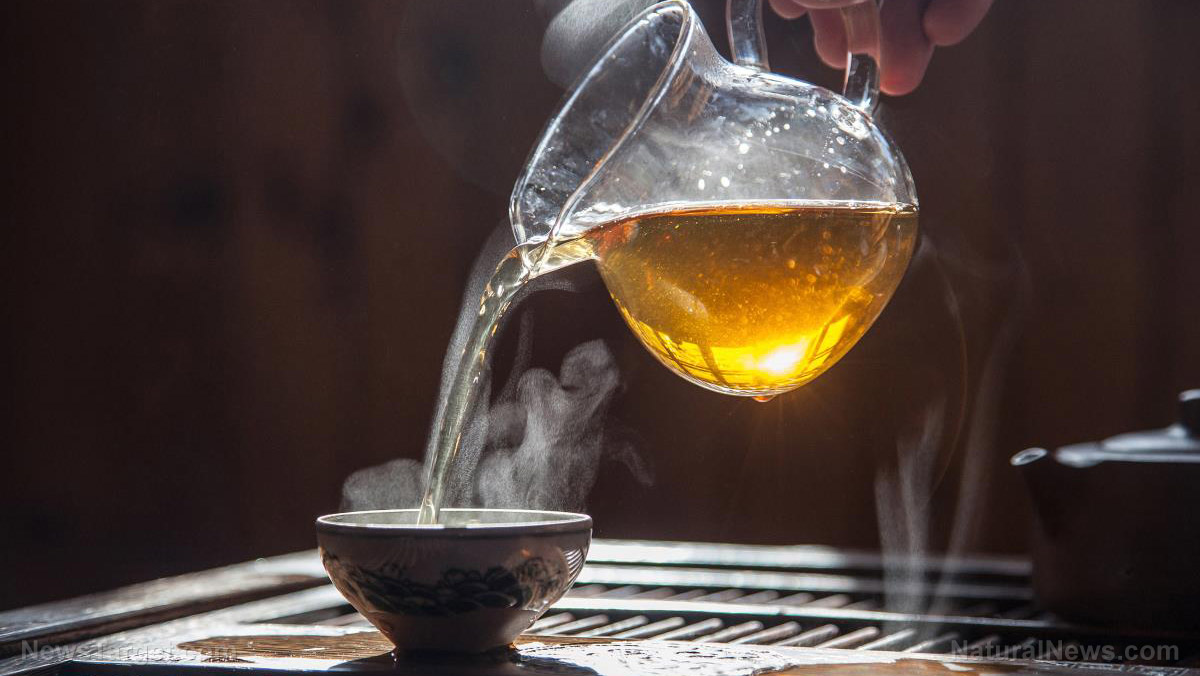
Love a cup of hot tea? Researchers say it’s best to let it cool down before taking a sip. Drinking tea at high temperatures may increase a person’s risk for esophageal cancer, especially if it is coupled with alcohol consumption and cigarette smoking. The study, which was published in the journal Annals of Internal Medicine, utilized a long-term follow-up of more than 450,000 participants.
Drinking hot tea has been identified as a possible risk factor for esophageal cancer, but a consistent correlation has yet to be observed. (Related: Zinc supplements found to protect against esophageal cancer.)
“Although several studies have demonstrated inhibitory effects of tea against tumorigenesis in the digestive tract, chronic thermal injury to the oesophageal mucosa may initiate carcinogenesis,” according to lead author Dr. Jun Lv of the Peking University Health Science Center. “The International Agency for Research on Cancer recently classified the intake of scalding beverages above 65 C as ‘probably carcinogenic to humans.'”
To determine whether drinking tea at high temperatures contributed to a rise in the incidence of esophageal cancer, a group of researchers from the National Natural Science Foundation of China and National Key Research and Development Program used the China Kadoorie Biobank, a four-year cohort study, as its design. The study was conducted in 10 areas across China, and it gathered data from 456,155 participants aged 30 to 79 years. Individuals who had cancer at baseline or had reduced consumption of tea, alcohol, or tobacco prior baseline were not included.
Participants’ tea consumption habits were collected, as well as other metrics and lifestyle behaviors. This was compared with esophageal cancer incidence in 2015.
During the follow-up period, 1,731 cases of esophageal cancer were recorded. Drinking tea at very high temperatures, together with either alcohol consumption and smoking, had a significantly higher incidence of esophageal cancer than those who drank piping-hot tea alone. In particular, those who drank hot tea and consumed at least 15 g or more of alcohol had the most significant risk of esophageal cancer.
In the study, the authors explained that while the exact mechanism is unclear, earlier studies have indicated that regularly drinking scalding hot liquid can lead to long-term cell injury, particularly those that line the esophagus. In addition, frequently drinking liquids above 65 degrees Celsius (or 149 degrees Fahrenheit) — a temperature hotter than a typical cup of coffee or tea — can increase the likelihood of squamous cell carcinoma in the esophagus. Moreover, when this is compounded by other risk factors such as smoking and heavy drinking, it further increases the risk of DNA damage, which will ultimately lead to the development of cancer.
The study concluded that drinking tea at high temperatures is linked to esophageal cancer, especially when combined with excessive alcohol and tobacco consumption.
However, in an editorial from Dr. Farin Kamangar of the Morgan State University and Dr. Neal Freedman of the National Cancer Institute, they stressed that this only applies to hot drinks that are above 65 degrees Celsius.
“Most people drink beverages at temperatures lower than that threshold; for example, in the United States, coffee typically is consumed at around 60 degrees Celsius (140 degrees Fahrenheit),” they wrote. “The results of this study should not cause people to abandon their favorite beverage.”
Of course, they wrote the best way to avoid this problem altogether: “Perhaps those of us who drink hot beverages often should be prudent and wait for the liquid to cool a bit first.”
Learn more ways to protect yourself from cancer by heading to Cancer.news today.
Sources include:
Tagged Under: alcohol consumption, cancer, esophageal cancer, esophagus, heavy drinkers, heavy drinking, hot beverages, hot drinks, hot liquid, research, science, smoking, tea consumption

